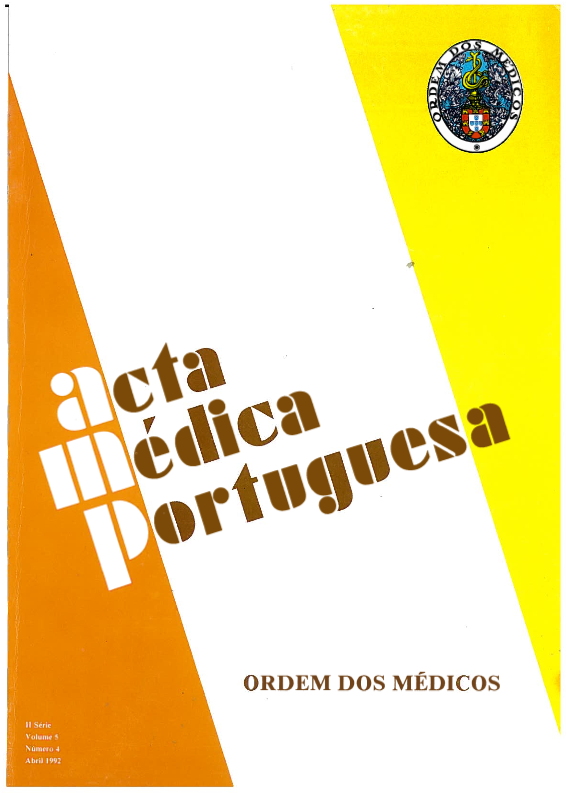Ethics of animal research and application to humans.
DOI:
https://doi.org/10.20344/amp.3221Abstract
Animal experimentation has proven to be of invaluable help in the understanding of biological functions, for the advancement of medical research and for the improvement of health conditions of both humans and animals. This phase of scientific progress is far from completed and there are no hints for substitution of all animal experiments by so called alternative methods. Therefore, there is a real need to analyse, without prejudice or undue dogmatic statements, the present situation in order to contribute to a responsible attitude, which should be transparent, understandable for lay people and useful as a background for the passing of adequate legislation. This process of analysis calls for the cooperation of scientists, a class which can neither be ignored nor treated as minor and should be above any suspicion of any part concerned. Finding a reasonable and just solution for the problem under debate can only result from the convergence of utilitarian and responsible ethical viewpoints. From utilitarian reasoning an overwhelming mass of evidence has resulted in favour of animal experimentation: medical progress would be severely maimed by prohibition or severe curtailing of animal experiments and catastrophic consequences would ensue. On the other hand, ethical considerations result in clear condemnation of useless or redundant experiments, of those causing disproportionate pain or suffering or of doubtful scientific standing: and to the recommendation that every effort should be undertaken in order to find and to establish on a sound scientific basis, alternative or complementary methods, i.e. those not involving animals.(ABSTRACT TRUNCATED AT 250 WORDS)Downloads
Downloads
How to Cite
Issue
Section
License
All the articles published in the AMP are open access and comply with the requirements of funding agencies or academic institutions. The AMP is governed by the terms of the Creative Commons ‘Attribution – Non-Commercial Use - (CC-BY-NC)’ license, regarding the use by third parties.
It is the author’s responsibility to obtain approval for the reproduction of figures, tables, etc. from other publications.
Upon acceptance of an article for publication, the authors will be asked to complete the ICMJE “Copyright Liability and Copyright Sharing Statement “(http://www.actamedicaportuguesa.com/info/AMP-NormasPublicacao.pdf) and the “Declaration of Potential Conflicts of Interest” (http:// www.icmje.org/conflicts-of-interest). An e-mail will be sent to the corresponding author to acknowledge receipt of the manuscript.
After publication, the authors are authorised to make their articles available in repositories of their institutions of origin, as long as they always mention where they were published and according to the Creative Commons license.









